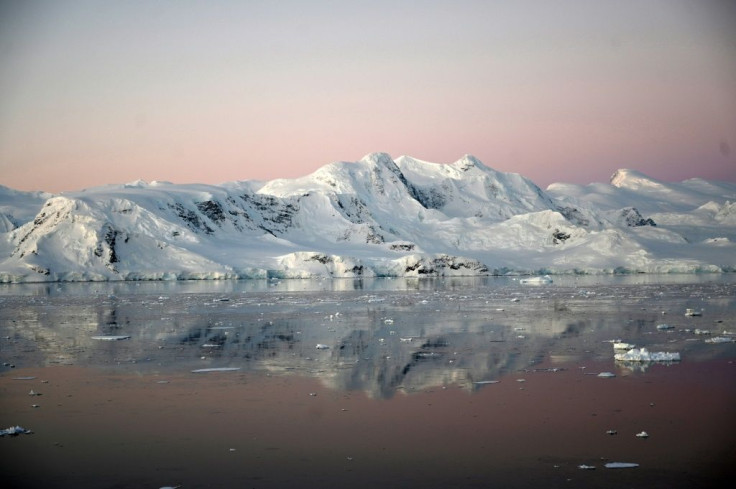Extreme Weather: How Hot Was 2019? Latest Research Confirms Climate Change Fears
KEY POINTS
- Research was compiled by several global agencies measuring temperatures across millions of miles of land and ocean
- The last decade was determined to be the hottest decade on record
- NASA found the rising global temperatures went hand-in-hand with increased fossil fuel burning in the 20th century
The latest research gathered by several global weather and science agencies revealed that 2019 was the second hottest year on record, while the last five and 10 years were the hottest on record in 150 years.
The results were reached by compiling the data from NASA and the National Oceanic and Atmospheric Administration in the U.S., Europe’s Copernicus Climate Change Service, and the University of East Anglia’s Met office in England. They each measured temperatures across millions of miles from continent and ocean surfaces before sharing each other’s results to compare.
While small differences were found between each agency’s research, they all agreed the last five years were the hottest five years since global temperature started being tracked.
“The last decade was easily the warmest decade in the record and is the first decade more than 1C above late 19th-century temperatures,” Gavin Schmidt, a researcher at NASA’s Goddard Institute for Space Studies, told The Guardian. “What is important is the totality of evidence from multiple independent data sets that the Earth is warming, that human activity is driving it and the impacts are clearly being felt.”
NASA said 2019’s average temperature was over 1 degree Celsius above the global average recorded from 1850 to 1900. Their results reflected a continued increase in global temperature as fossil fuel burning increased in the 20th century.
“It’s now official that we have just completed the warmest decade on record, a reminder that the planet continues to warm as we continue to burn fossil fuels,” Penn State University Prof. Michael Mann said.
The World Economic Forum’s global risk assessment also said Wednesday the top five risks to humanity in the next decade are all climate-related, including dangerous weather and failing to properly prepare for climate change.
In an effort to address the changing climate, the United Nations will be holding another climate summit in November in Glasgow, Scotland.
U.N. Secretary-General António Guterres is also urging nations to drastically increase their pledges to cut carbon emissions.
However, some experts urged more will have to be done.
“Even if we succeed in limiting warming to 1.5C, this would not be a ‘safe’ level of warming for the world,” said Bob Ward, Policy and Communications Director for the Grantham Research Institute on Climate Change and the Environment. “Therefore we must focus on cutting global emissions to net zero as soon as possible. We know the transition to a net zero economy is the growth story of the 21st century.”

© Copyright IBTimes 2024. All rights reserved.











